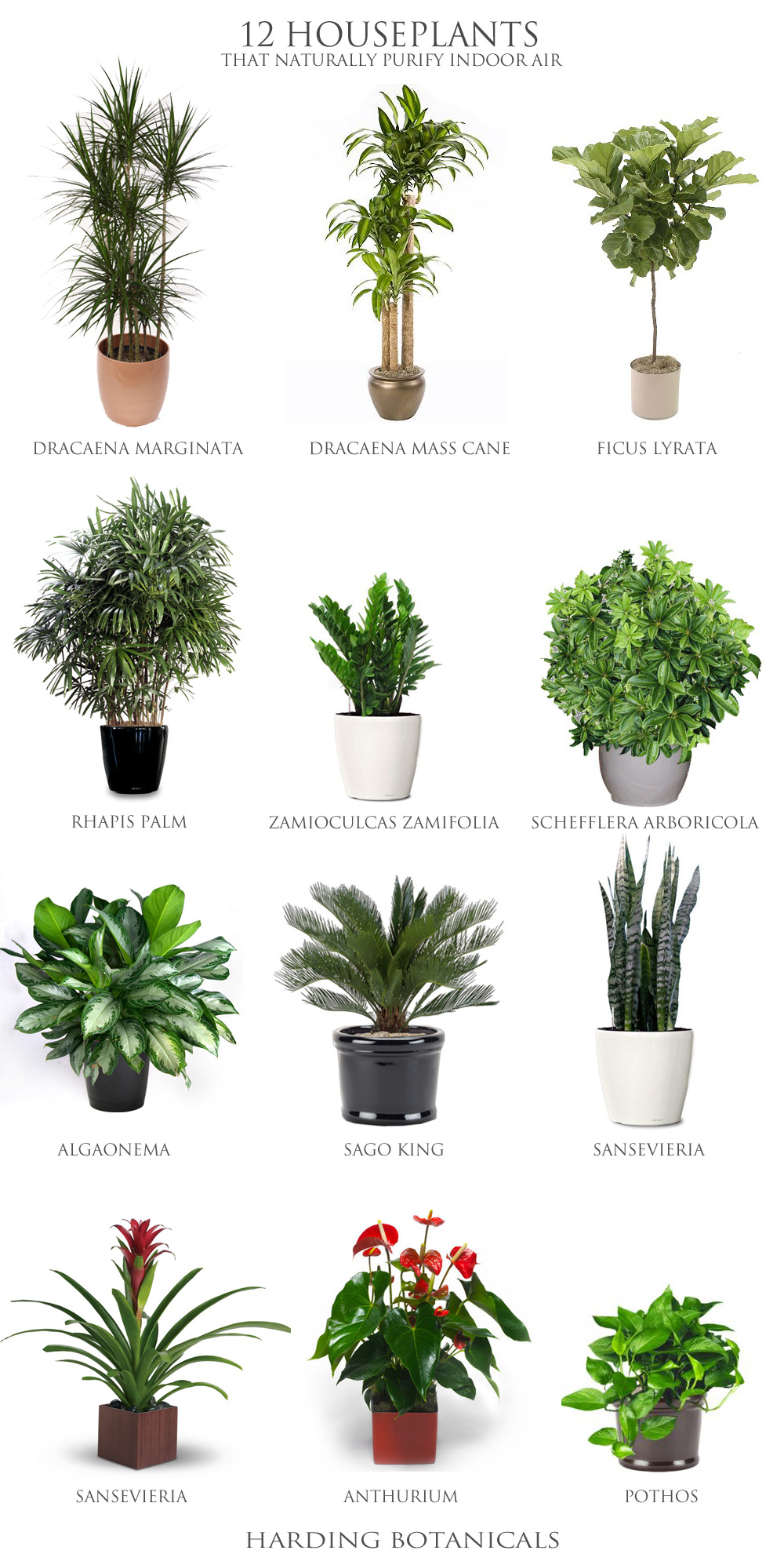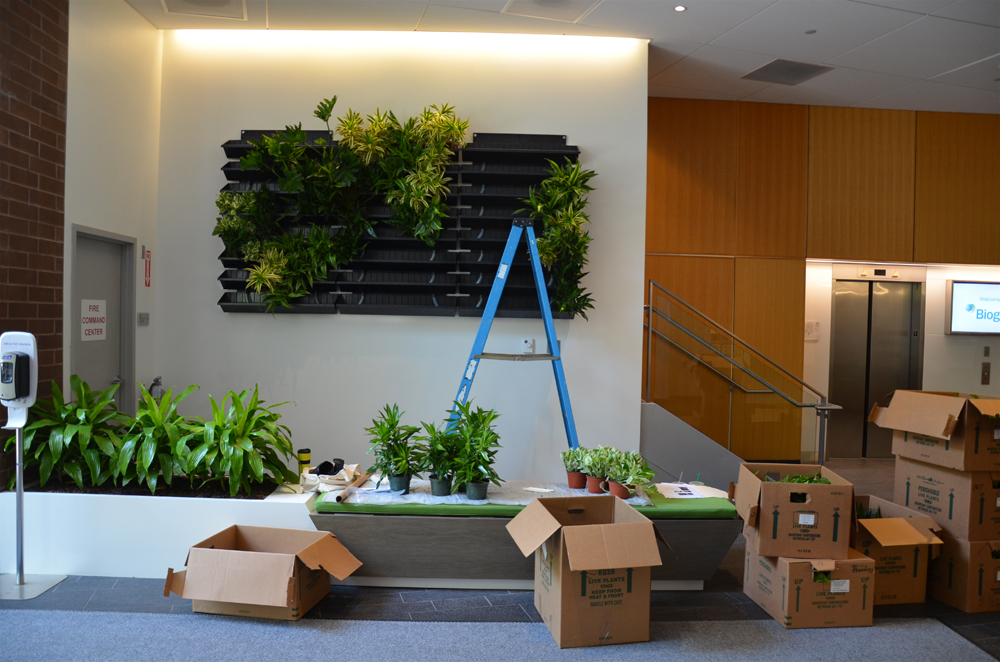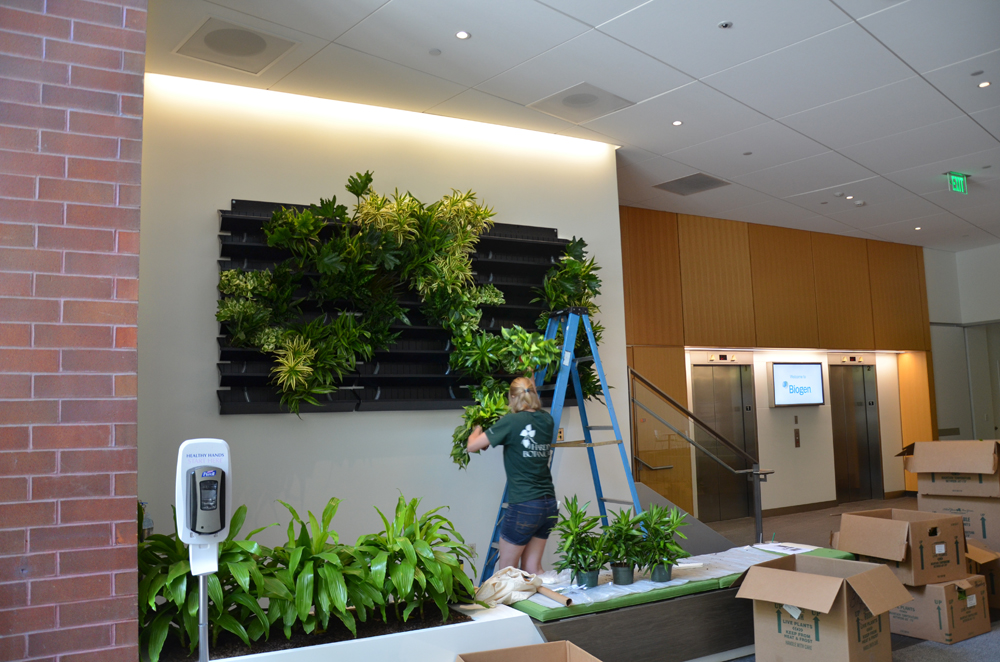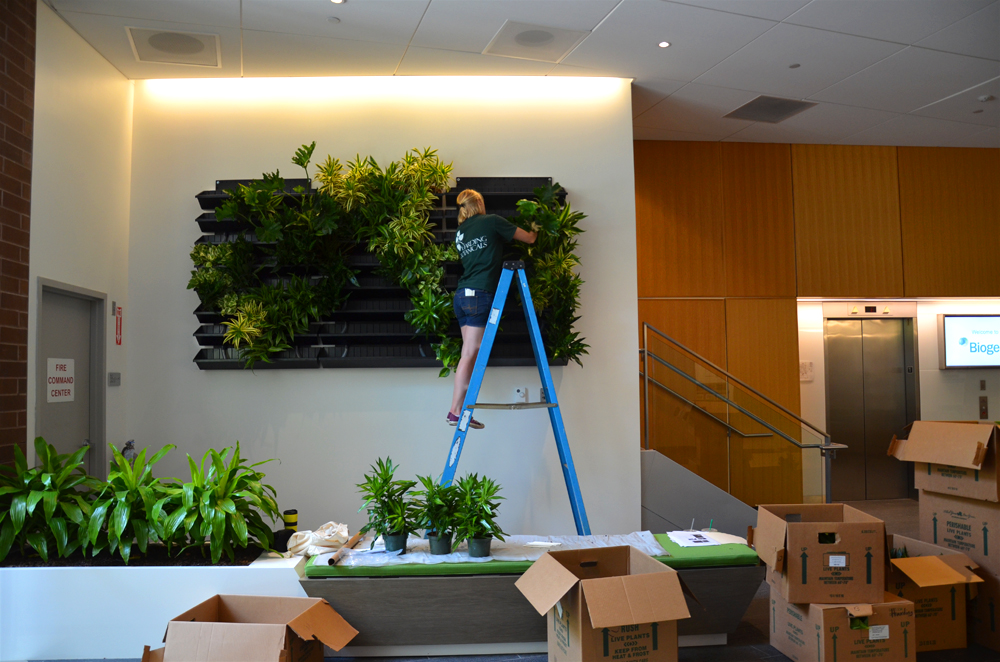At one time in our lives I feel like we have all received a plant as a house gift. One of the more common gifts is the Phalaenopsis orchid(pronounced fayl-eh-NOP-sis)! They are beautiful flowering plants that come in all sorts of colors and can be reasonably 'easy' to take care of. But how do you care for them?!
Here are some great pointers for caring for your Phalaenopsis. With the right water, light, and temperature your orchid's blooms can last for several months (but be aware that with out the perfect conditions, these orchids can be a little temperamental).
Water: A lot of the watering varies as to what your orchid is potted in. If it is planted in bark, that will dry out more easily and will require you to water more often; watering it once a week when it's in bark should be sufficient. If your orchid is planted in moss then you will need to feel the moss with your finger. If the moss is dry then you will want to water it, if it is still moist then you can leave it alone. During the Summer your orchid will want more water and during the Winter you can hold back on watering too much.
One of the most important parts to an orchid's watering needs is drainage. A orchid does not want to sit in any water that has collected at the bottom. This will actually cause the orchid to rot and die.
Light: The Phalaenopsis orchid is considered a 'low light' plant, but it tends to do better with a bit more light than that. Placing your orchid in a east facing window will provide basically the right amount of sun. But, a south or west facing window will be fine as well if there is a sheer curtain to diffuse the light.
The great thing about these orchids is they will 'talk' to you about their needs. The phalaenopsis orchids leaves are mix of kelly green and olive green. When they get darker than their normal coloring that means you plant is not receiving enough light. On the other hand red tinged leaves means the orchid is in too much light. Hint: if you plant does not re-bloom, increase the amount of light.
Temperature: The ideal climate for an orchid is no lower that 60* degrees at night and a max of 95* degrees, but their ideal temperature is between 70* and 80* degrees during the day. Windows are tough location because of the ever changing temperatures. When the temperature fluctuates too much it can cause the buds to drop.
Humidity: Orchids are from the tropics and love humid climates. At least for us here up north, we only have a fair amount of humidity in the summer months, so, to increase the humidity in the dryer months you can place a tray of water at the base of the plant (fill it with pebbles or something decorative to make it part of the 'display'). This will give the plants a little more humidity in their surrounding area. I also like to mist the flower every so often to give them extra moisture.
Blooms: The Phalaenopsis blooms can be one of the longest lasting blooms in the orchid family. They can produce blooms that last from 2 to 6 months! They have been known to flower up to 3 times per year (in the perfect conditions), but I will have to say, as a general house plant, this would be unusual.
Cutting the Stem: Once your flower has bloomed for the first time, cut the stem just above the node from where the first flower bloomed. From that top node a new flower stem should emerge. If there is no response from the plant within 2 months or if the stem turns brown cut the stem back to the base of the plant where it emerged.
Fertilizer: Here I am going to refer to Orchid Web: "We highly recommend Green Jungle Orchid Food, especially formulated to work with rain, distilled, reverse osmosis water or water low in alkalinity. If the plant is potted in bark, fertilize with Green Jungle every time you water, all year round, then flush with clear water once a month. If potted in sphagnum moss, use Green Jungle every third watering. This is the fertilizer that we developed and use on our own plants. The results have been excellent.
For tap or well water, use Grow More 20-10-20 fertilizer every other watering in the summer and every third watering in the winter. Fertilize at the rate of one-half teaspoon per gallon."
Hope this helps to provides a bit on insight on how to care for those beautiful orchids!! We'd love to see pics of the orchids that you tenderly care for any orchids that you see around town. Tag us on instagram or twitter #OrchidsforHB




















